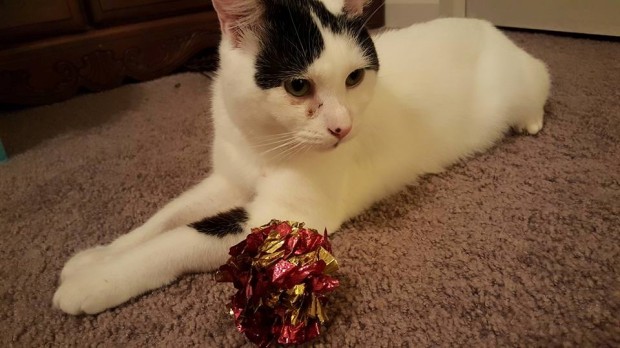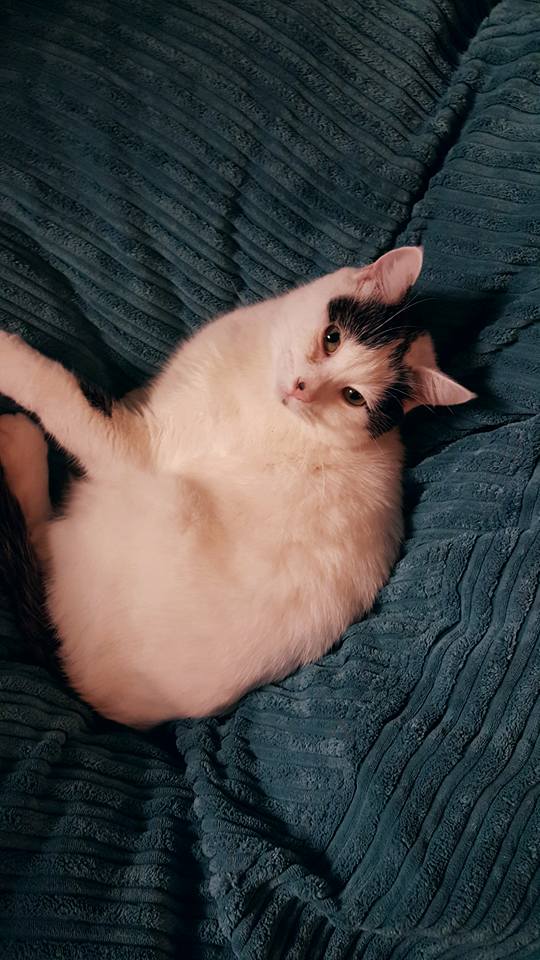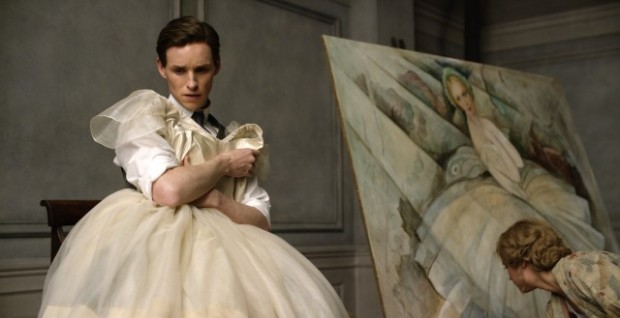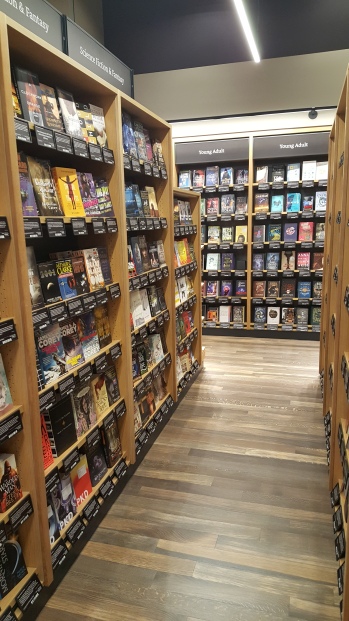From fifth grade to seventh grade, I was a horrible student. I routinely received Cs in science, English, and math classes (strangely enough, those are the classes I enjoyed most in high school and beyond). I rarely did homework, and when I did, it was late or incomplete. Teachers eventually stopped giving me feedback, advice, or support. At the end of seventh grade, when all of my friends were on the honor roll (in other words, they got a 3.0 GPA or higher), I decided that I wanted to be on the honor roll, too. So I put (some) effort into my studies as an eighth grader. I don’t think I ever made it on the honor roll, though. I just wasn’t a good student.
But in high school, that couldn’t be further from the truth. I was one of the best students. I did my homework. I spoke up in class. I was on the honor roll every term; in fact, most terms I had a 4.0. And I wasn’t taking easy classes! I had a full load of AP courses my senior year and I still got As. Me: the girl who, four years prior, struggled to achieve a B average.
I’m not 100% sure why I changed. My middle school wasn’t harder than my high school, and my intellect didn’t make a huge jump between eighth and ninth grade. But, there’s at least one definite factor that changed my behavior and turned me into an overachiever: the teachers.
My grade school teachers saw in me a girl of average intelligence who couldn’t be bothered to do anything. They saw my tardy homeworks and said, “Well, our only option is to tell her to do her work.” As I recall, they didn’t really try to understand why I didn’t do my homework. Or, if they did try, they eventually gave up. Something wasn’t clicking for me in middle school. I took no joy in learning.
But then I started ninth grade. The teachers were young, passionate, enthusiastic, and empathetic. They wanted to know me. They wanted to teach. And they expected positive results. Between their infectious love of learning and their encouragement to participate in class, the “something” finally clicked for me. I grew to love school. I woke up early to prepare for the day instead of sleeping until the very last second. I can’t remember a time I was late to class, let alone late on a homework assignment. I became a class leader, a student who could be counted on to contribute to class discussions and help others.
Maybe that was another factor. I liked my classmates in high school way more than I did in middle school. I made better friends. People actually talked to me, got to know me. I genuinely cared about my teachers and classmates. At high school, there was a support system that just didn’t exist in middle school. My high school teachers cared about me in a way my middle school teachers did not.
Some people might look at my accomplishments and argue that I’ve always had the capacity for success—that high school didn’t change me. But of course it did; everything else in my life remained the same. High school was the catalyst that righted my path, that gave me the tools to open doors and achieve success. I’ll be forever grateful to those bright-eyed teachers who sacrificed their sleep, their weekends, and often their well-being to deliver quality education to students like me.




